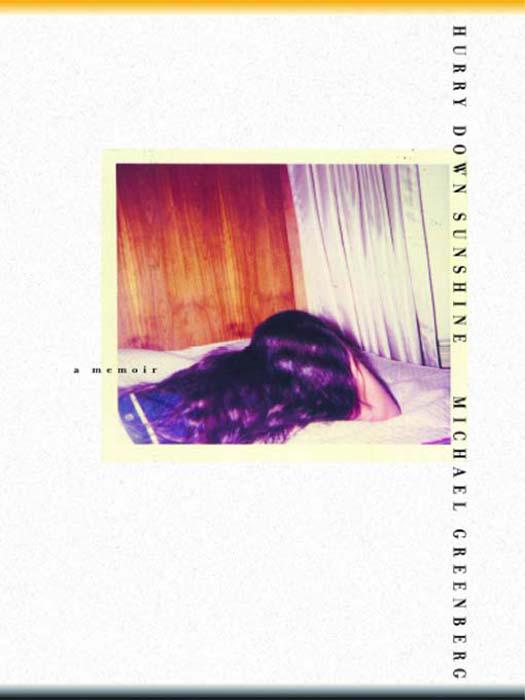
Hurry Down Sunshine PDF
Preview Hurry Down Sunshine
Amazon Best of the Month, September 2008: Michael Greenberg's spare, unflinching memoir begins with a bang: "On July 5, 1996, my daughter was struck mad." Hurry Down Sunshine chronicles the summer when fifteen-year-old Sally experienced her first full-blown manic episode—an event that in a "single stroke" changed her identity and, by extension, that of her entire family. Simply told and beautifully written, Greenberg's memoir shines a stark light on mental illness, painting a vivid picture of a brain and body under siege—mania as a separate living thing squatting within the patient. As a writer who lives "so much in his head," Greenberg is particularly anguished by his daughter's fractured psyche, and his honesty about being both sickened and fascinated by his daughter's condition is breathtaking: "During the worst moments, I think of her as my disease—the disease I must bear...I am intoxicated with Sally's madness in both senses of the word: inebriated and poisoned." So desperate is he to understand her, that he relentlessly researches mental illness (the book is peppered with fascinating insights into drug therapy and anecdotes about writers who struggled with madness), and even goes so far as to sample a full dose of his daughter's medication. Startling, heart-wrenching, and yet unwaveringly unsentimental, Hurry Down Sunshine is an unforgettable story of a young girl's descent into madness, told through the eyes of a harried and helpless father trying desperately to bring her back. --Daphne Durham
Greenberg, a columnist for London's Times Literary Supplement, was living in Greenwich Village in 1996 when his 15-year-old daughter, Sally, suddenly became manic, importuning strangers and ranting in the streets about her newfound cosmic wisdom. She was a danger to herself and others, so her father and stepmother had her committed to a psychiatric facility. Greenberg was no stranger to mental illness; he'd been caring for his dysfunctional brother most of their adult lives. Still, Sally was so brilliant, so caring, he couldn't bear the thought of her ending up like his brother. During the 24 long days Sally spent in the hospital, Greenberg learned to cope. He watched a Hasidic family visiting with their mentally ill young man. He pondered his ex-wife going to cuddle with Sally, as if she were still a little girl. He listened to his mother explain her troubled marriage and the subsequent mental illness of his brother. He wondered at his present wife's resilience. After Sally's discharge, questions of how they would adjust to their new lives were complicated in very different ways. In this well-written and sincere memoir, Greenberg proves to be a caring man trying to find his way through the minefield of a loved one's madness. (Sept.)
Copyright © Reed Business Information, a division of Reed Elsevier Inc. All rights reserved.
